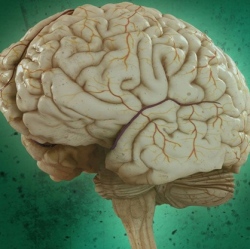
Scientists have developed a blood test that can detect the build-up of toxic proteins linked to Alzheimer’s disease. The work, published in the journal Nature, is an important step towards a blood test for dementia. The test was 90% accurate when trialled on healthy people, those with memory loss and Alzheimer’s patients.
Experts said the approach was at an early stage and needed further testing, but was still very promising.
Alzheimer’s disease starts years before patients have any symptoms of memory loss. The key to treating the dementia will be getting in early before the permanent loss of brain cells. This is why there is a huge amount of research into tests for Alzheimer’s.
One method is to look for a toxic protein – called amyloid beta – that builds up in the brain during the disease.
It can be detected with brain scans, but these are expensive and impractical.
The new approach, a collaboration among universities in Japan and Australia, looks for fragments of amyloid that end up in the blood stream.
By assessing the ratios of types of amyloid fragment, the researchers could accurately predict levels of amyloid beta in the brain.
Significantly, the study shows it is possible to look in the blood to see what is happening in the brain.
Dr Abdul Hye, from King’s College London, said: "This study has major implications as it is the first time a group has shown a strong association of blood plasma amyloid with brain and cerebrospinal fluid."
